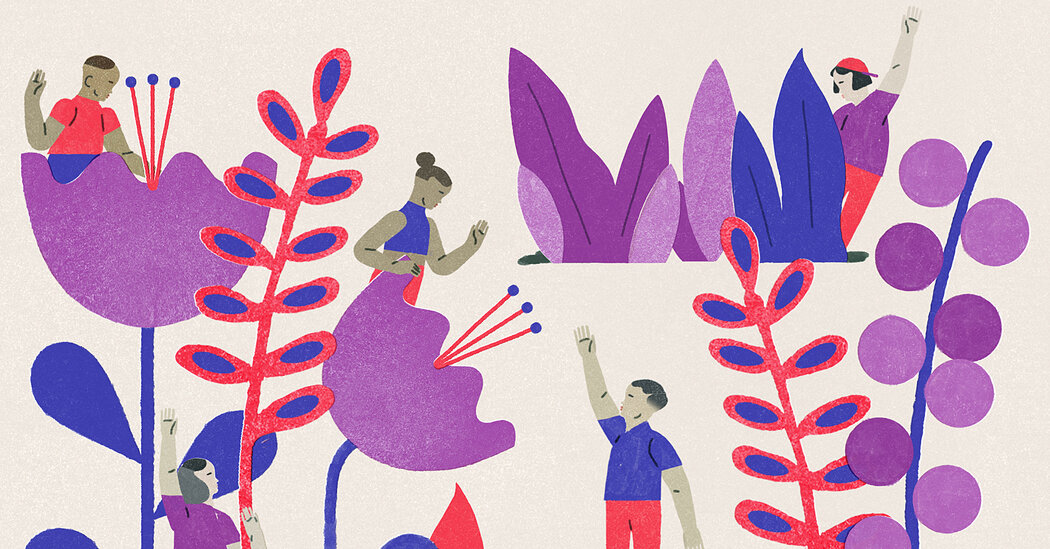“The greater the number of weaker ties, the stronger the association with positive feelings and fewer depressed feelings,” Dr. Fiori said in an interview. “It’s clearly not the case that close ties are all that older adults need.”
And not just older adults, all adults. Dr. Fingerman said research has shown that, in general, “people do better when they have a more diverse group of people in their lives.” But as Dr. Fiori observed, “Unfortunately, Covid has severely curtailed our ability to maintain weaker ties. It can take a lot more effort to do this online.”
When Covid-19 descended with a fury on New York City, many people I knew who had second homes “escaped” the city in hopes of avoiding the virus. I, on the other hand, chose to stay in my Brooklyn neighborhood where everyday I encountered people I knew casually as well as others in my extended network of friends and acquaintances I’d made at the Y, in local stores and when walking and cycling in Prospect Park.
In my country house, especially during the dark cold days of early spring, I would have been far more isolated. Yes, I could walk my dog and ride my bike without having to wear a mask because I would have met almost no one else on route. But I would also have been deprived of conversations with the many “consequential strangers” I encountered daily during my outdoor excursions in Brooklyn, including the 7 p.m. “shout-out” in support of our essential workers.
To counter the loneliness and maintain her many casual connections, one of my Y buddies started a group email that not only filled in for the daily conversations she was missing but also gave her an ongoing support system when faced with an injury and struggling with doom-and-gloom isolation.
In their book, Ms. Blau and Dr. Fingerman emphasize the importance of creating and being in environments that foster relationships with consequential strangers. Decades ago when The New York Times erected cubicles for its writers and editors, it destroyed an environment that was conducive to sharing information and fostering camaraderie, prompting me to work from home most days and save the time and effort needed to dress for work and commute. I suspect that when Covid limitations are finally lifted, many more office workers will do the same and sacrifice casual work-based relationships.
As the authors wrote, “Where we live, work, shop, and mingle has everything to do with the weak ties we cultivate, and therefore our quality of life.” As they described a central theme of their book, “Casual acquaintances inspire us to venture beyond our comfort zones.” And until we do, we’ll never know what we might gain from relationships with “people who don’t seem to matter.”
[ad_2]
Source link


